From PHD to Building a Research Culture
Speakers
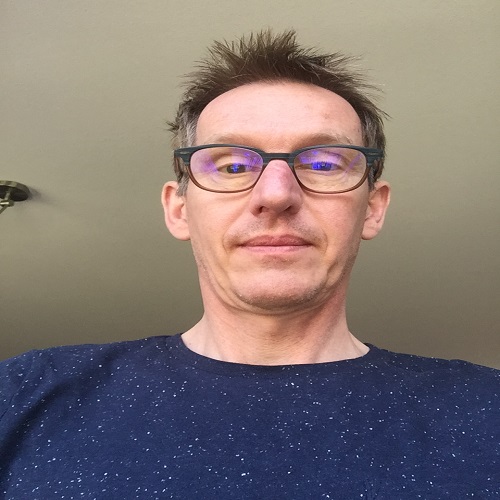
Sikko Visscher
Part of the pilot programme “Governance of Climate change adaptation” at KITLV and is Programme Manager of the Scientific Programme Indonesia.
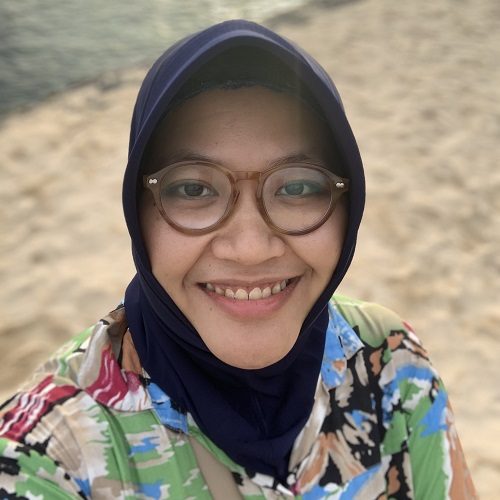
Rahajeng N. Tunjungputri
Internist-in-training at the Faculty of Medicine Universitas Indonesia, Cipto Mangunkusumo National General Hospital
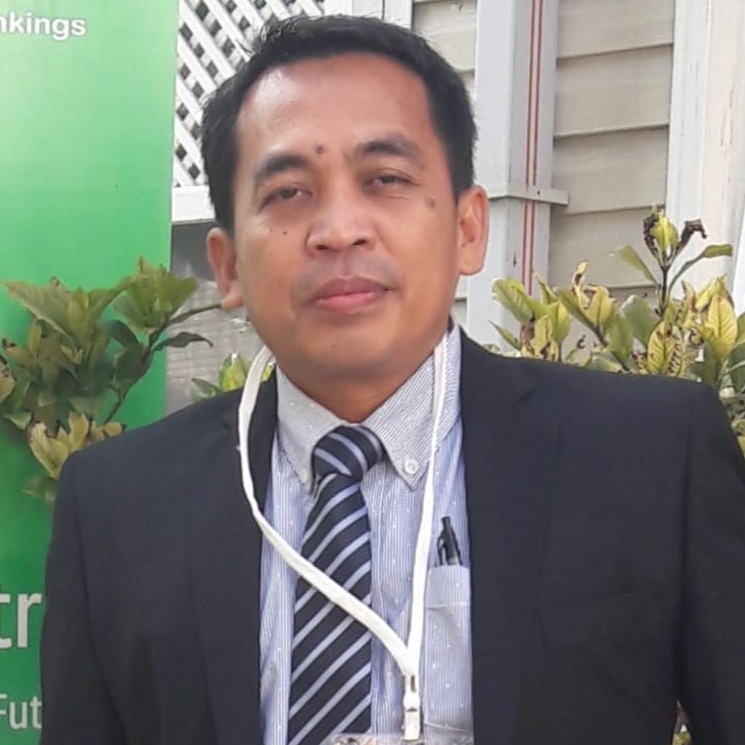
Hadiyanto
Full Professor in Chemical Engineering, Faculty of Engineering, Universitas Diponegoro
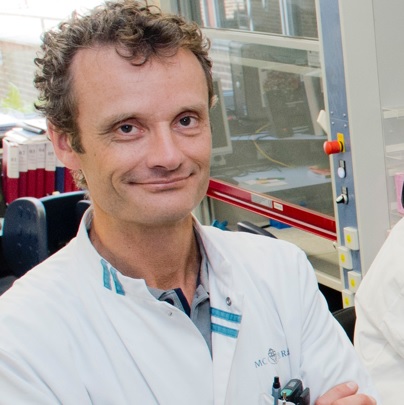
Reinout van Crevel
Internist-infectious disease specialist Professor in Global Health and Infectious Diseases, Radboud university Medical Center Honorary professor at Oxford University and the University of Indonesia, Jakarta
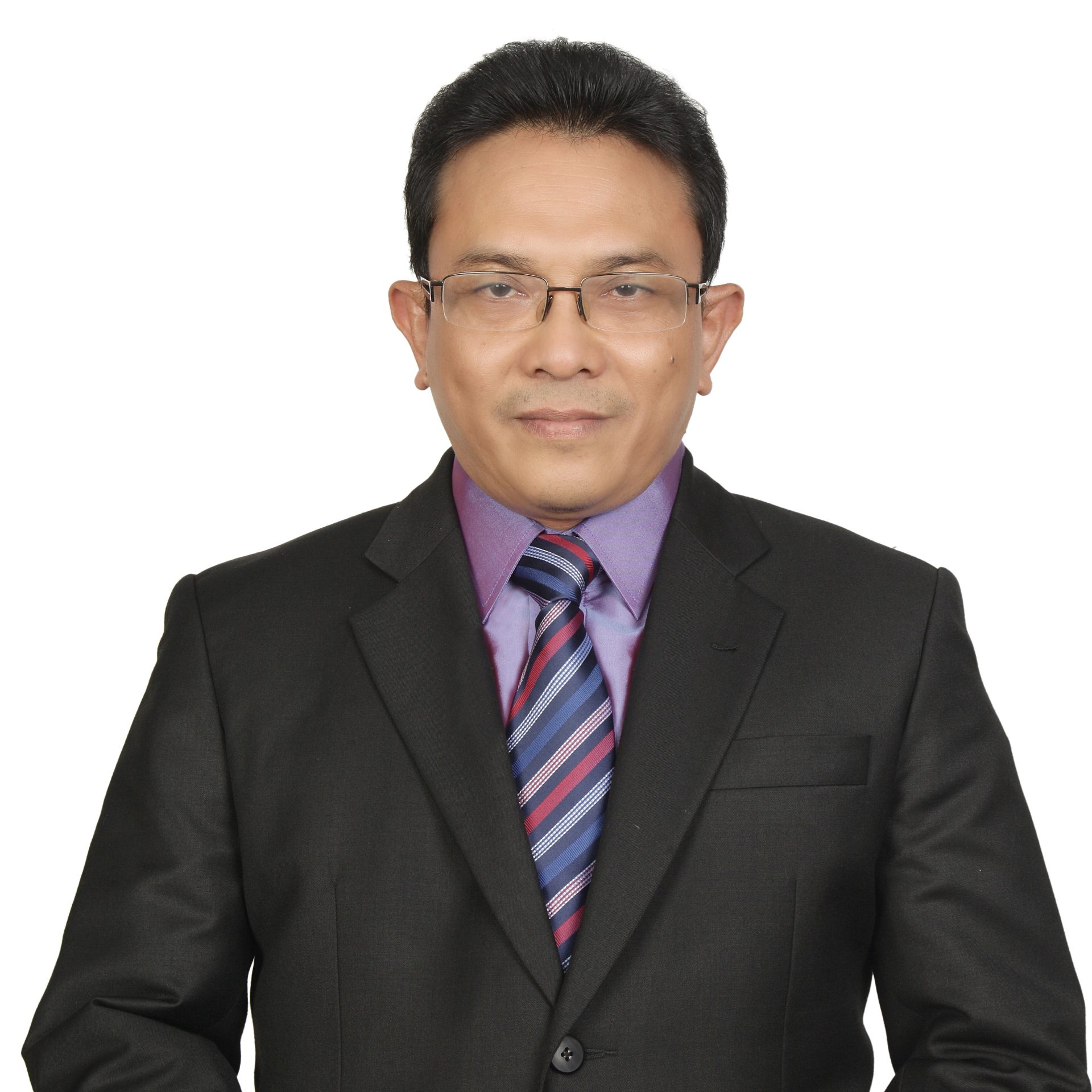
Mohammad Sofwan Effendi
Director of Human Resource, Directorate General Higher Education, Ministry of Education, Culture, Research and Technology
Moderators
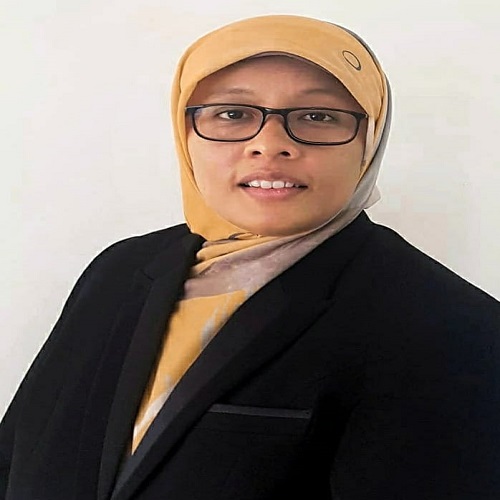
Yessie Widya Sari
Faculty of Mathematics and Natural Sciences IPB University
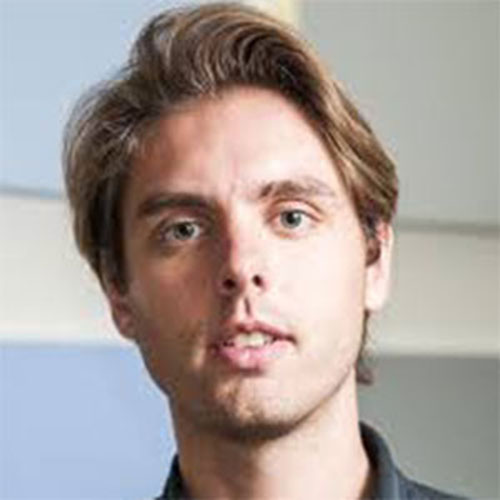
David Kloos
Senior researcher at the Royal Netherlands Institute of Southeast Asian Studies in Leiden, the Netherlands (KITLV)
Event Details
Background
There are considerable numbers of researchers from Indonesia who join PHD trajectories in the Netherlands. They do research across a variety of academic disciplines, such as Law, Medicine, Social Sciences or Engineering and Technology. The great majority of them returns to Indonesia after their PHD graduation. There are also considerable numbers of Dutch researchers conducting research in Indonesia, often in support of a PHD. However, most of them will obtain their PHD from a Dutch rather than an Indonesian University. They can also be researchers in a post-Doc programme or a particular research project.
To obtain a PHD requires a considerable investment, from the individual PHD researcher as well as from the supervisor(s) and the institutional context in which the PHD research is conducted. The question occupying this WINNER session is: what after the PHD? As a matter of fact, PHD graduates often get absorbed in obligations to teach and management tasks in the Universities where they work or to which they return. What can be done to create and nurture more of a mutually reinforcing research culture in the knowledge relationship between Indonesia and the Netherlands?
In the past, there have been different efforts to establish larger and longer-term integrated research programmes between Indonesia and the Netherlands, such as in Islam Studies or in the Scientific Programme Indonesia – Netherlands (SPIN). Have they been more productive in knowledge generation and contributed to deeper and more lasting knowledge relationships? Should more investments be made in creating the conditions for research, such as promoting language studies or better preparation of PHD candidates? And what space, time and resources are available to continue to do research after obtaining a PHD?
These questions are particularly relevant for young researchers. Both ALMI and the Dutch ‘De Jonge Akademie’ (DJA) have articulated views and advice in this regard. See for example: dejongeakademie (recommendations in English on page 14-20).
How can Dutch – Indonesian collaboration contribute to a sustainable scientific infrastructure, where talented researchers in academia or industry can work on innovation and achieving the SDGs?
Objectives
- Reflect on past models of Indonesia – Netherlands research collaboration and their outcomes in terms of nurturing a research culture.
- Identify obstacles in creating a research culture in the bilateral knowledge relationship
- Suggest ideas/recommendations to strengthen and nurture PHD research supporting longer term knowledge building between Indonesia and the Netherlands



